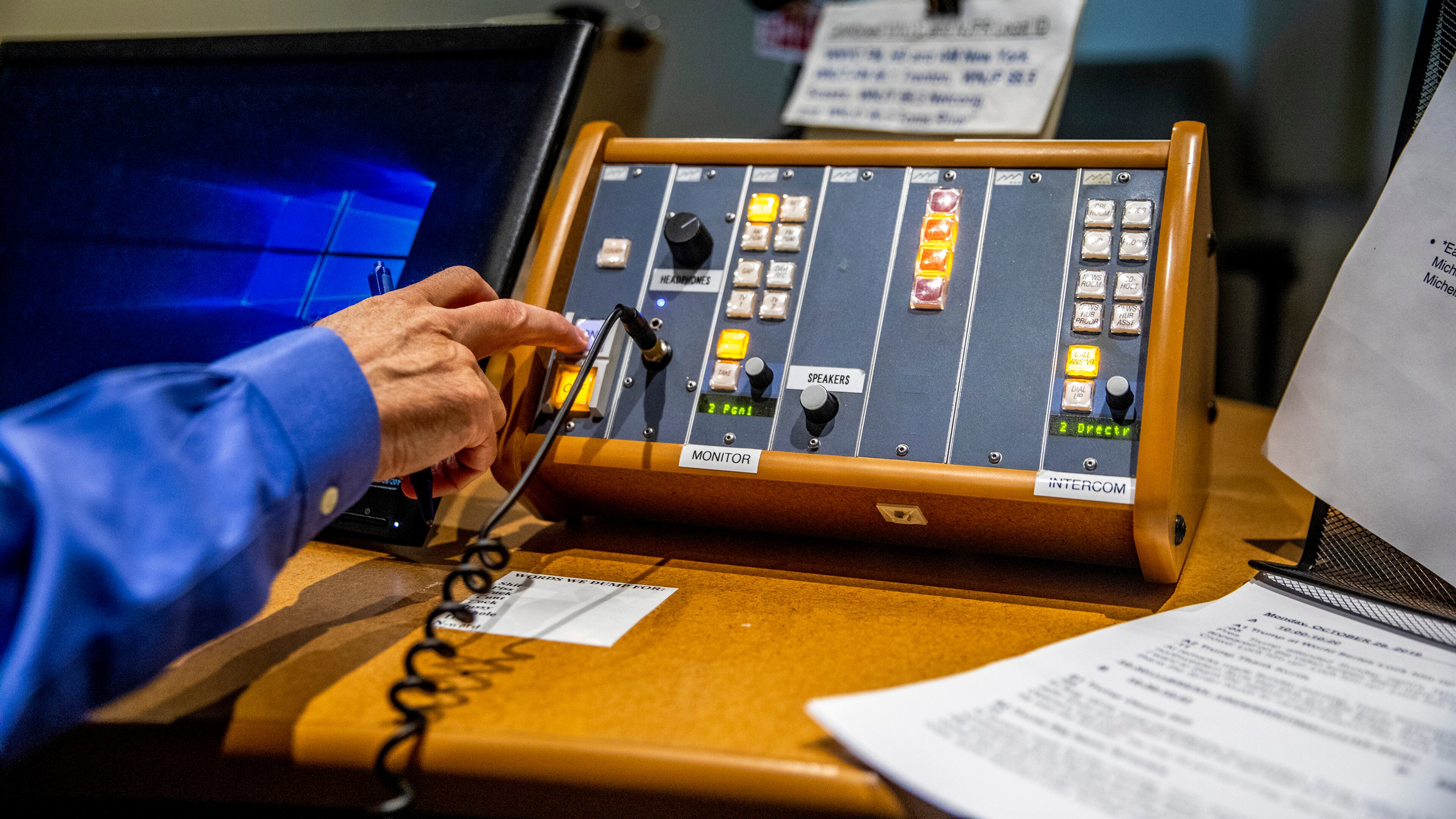Atlanta wants a second shot at public access TV

After the city of Atlanta’s Channel 24 went dark 14 months ago, city officials are reevaluating public access television with plans to launch an updated model early next year.
The mayor’s office will support community media in three ways — reinstating Channel 24, expanding digital access and providing educational opportunities. A committee headed by Jabari Simama, founder of the city’s public access TV program, will meet several times in coming months before providing a proposal to city council by Dec. 11.
The group hopes to introduce Channel 24 programming on an interim basis by September and enter city council legislation by January 2025.
Atlanta has a rich history of public access dating back to the Cable Atlanta Center for Community Television in 1980. With two public channels and five neighborhood studios, the program allowed community members to learn production skills and reach audiences through a visible platform.
YouTube compilations reveal a wide range of content, from the quirky American Music Show, where iconic drag queen RuPaul got his start in the 1980′s, to advocacy shows like Voice of the Voiceless.
“It’s a medium that allows people to exercise the principles of the First Amendment, to speak truth to power, to be able to share ideas about their communities, issues that are important, without having to go through gatekeepers,” Simama said last week to the city council’s Utilities Committee.
Three educational channels and four government channels also shared local news and civic happenings. Since Channel 24 went off the air last year, some programming shifted to other platforms. City council meetings and other City of Atlanta affairs are still live streamed through Channel 26.
Some attendees questioned why Channel 24 shut down in the first place, as presenters during Thursday’s work session did not offer an explanation. Public access advocate Adrian Coleman-Tyler said the programming and access to information proves especially necessary ahead of November’s elections.
Channel 24 went off the air after the city’s contract ended with the previous vendor, and the city immediately engaged in the process to locate a new operator, a spokesperson for the mayor’s office said in a written statement.
The city canceled an earlier request for proposals on public access after receiving a limited number of applications. Councilmember Bryon Amos expressed concern at the procurement department’s work across multiple committees, saying pulling back RFPs is “unacceptable.”
Councilmember Andrea Boone echoed the need for action and said the city should improve its community engagement on the project moving forward.
“We cannot continue to operate in the dark in public access, it does not send a good message,” Boone said.
Before finalizing the proposal, leaders must detangle distinctions between two past oversight boards, CATV and People TV. Councilmembers also requested a clear budget and funding sources, along with plans for technology and facility investments.
The committee hopes to add at least one community studio and is exploring existing spaces like recreation centers. Programming may include equipment for rent and training sessions geared toward the community. Residents can give feedback on the committee’s website with more information.
Given ever-evolving technology, social media has filled some of the gaps in public access. Yet Councilmember Michael Julian Bond — whose father, the late politician and civil rights leader Julian Bond, was an outspoken public access advocate — said many senior citizens relied on the platform. In other instances, he said, community-created content influenced the quality of mainstream media coverage.
“It has been bad that, in a city and state that is booming with television, movie production, video production, our own channel had laid dormant for this time,” Bond said.
Councilmember Antonio Lewis, chair of the Utilities Committee, agreed.
“Atlanta is the new Hollywood — we have to be able to get this right,” Lewis said. “Other cities are doing it so much better.”


